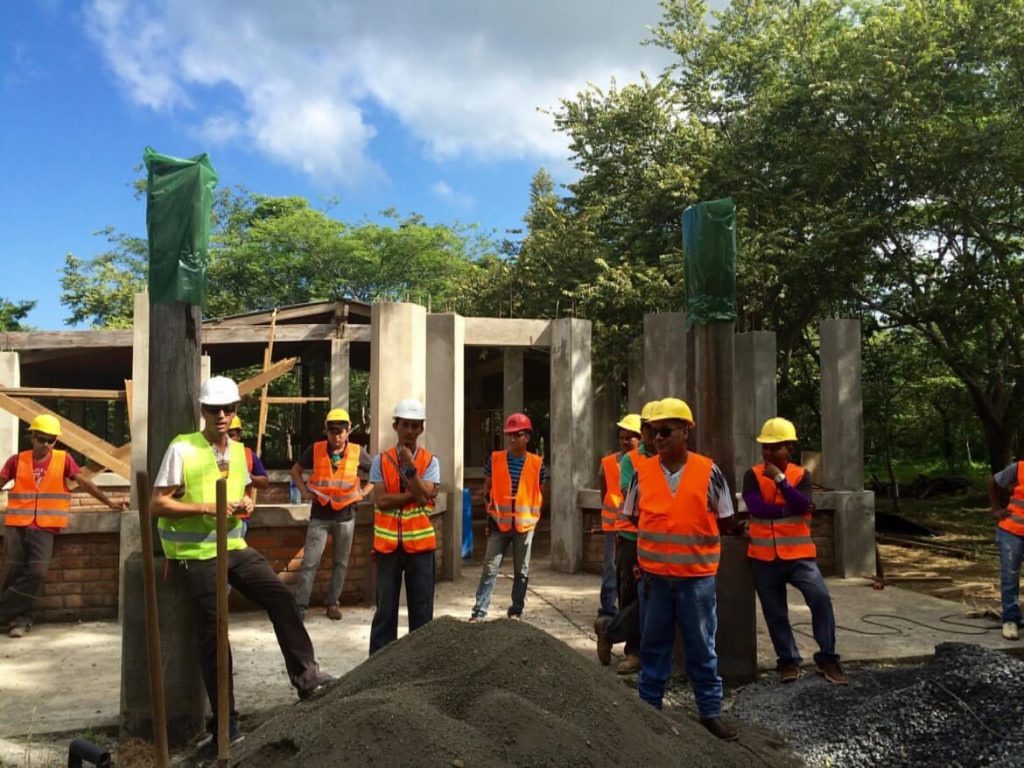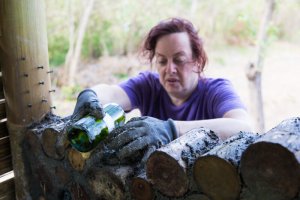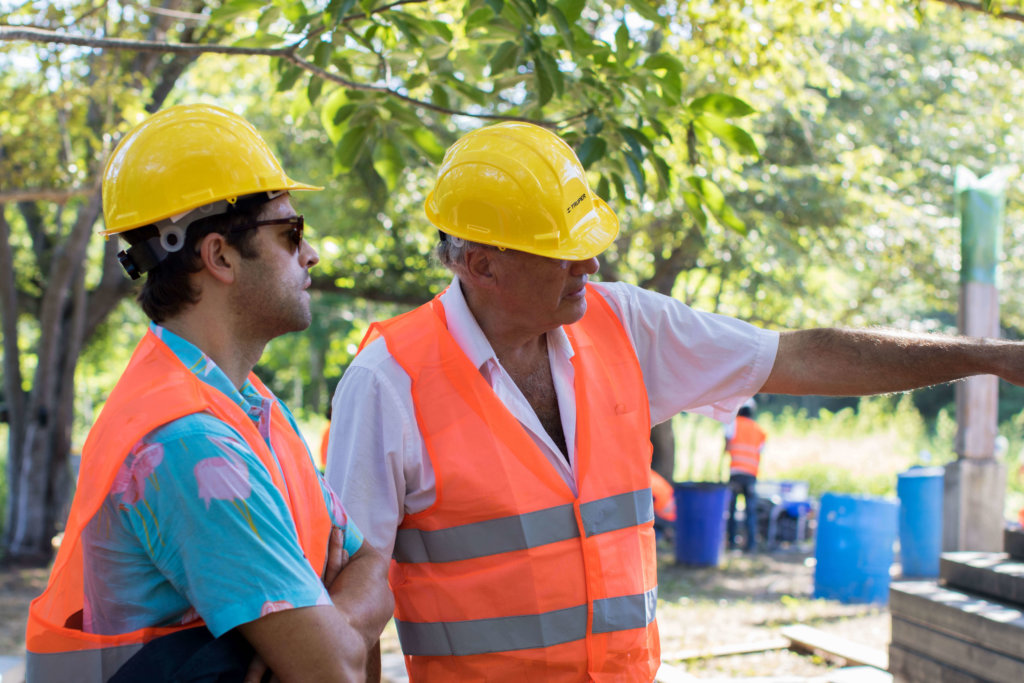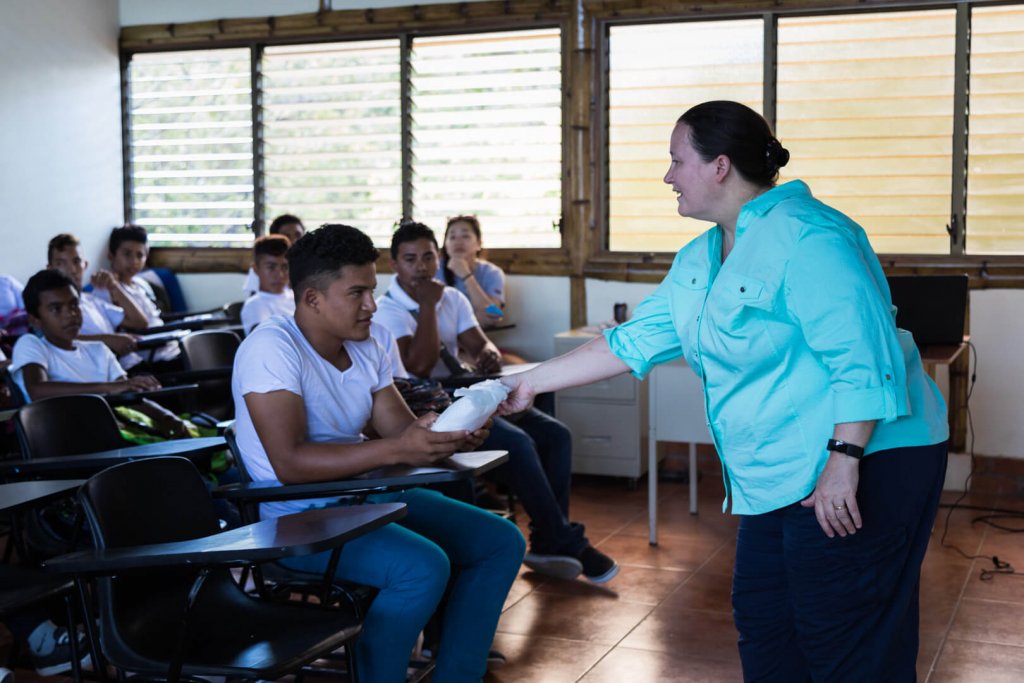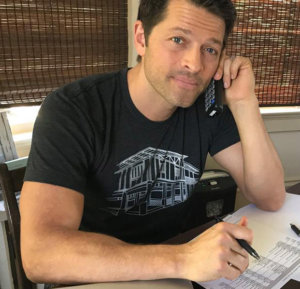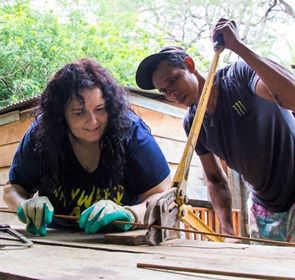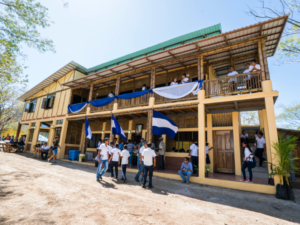
In Nicaragua, being born in a rural community often precludes access to high school education and all the opportunities in life that come with it, especially for women. Many rural families practice subsistence farming and do not generate enough income to meet their basic needs even excluding education.
The Free High School of San Juan del Sur gives these and other individuals who are excluded from regular schools a chance at secondary education and a better life. In 2012, Random Acts fundraised to help them purchase a bus. Then in 2015, we set our sights much higher. The Free High School was missing its own campus, operating instead in a building of an elementary school. Between 2015 and 2018, Random Acts built a new campus for the Free High School, together with all our wonderful supporters and enthusiastic and amazing volunteers.
Here you can read our story, how we all bonded with Nicaragua and its people and how the campus became home to outstanding dedicated and passionate students.
It all started with a small group of passionate and caring people who saw the need for a Free High School (FHS) to provide an education to those who are unprivileged. In Nicaragua, people are excluded from public schools when they belong to one of the following groups: pregnant women, women with children, everyone over 18 years of age, those who have to work during the week to support their families, and those who live in rural communities that are too far from school.
How do you start trying for a better life when you are prohibited from a good educational foundation? This is where Margaret Morganroth Gullette and Rosa Elena Bello came into the picture. In 2002, they founded a school in San Juan del Sur, Nicaragua supporting those excluded groups striving for a better life. They wanted to encourage students working for a more promising future. The school would help students to work towards a life that is hopeful, fulfilled, and not forced by the bad circumstances a person may be born into. In the first year, 12 students graduated. By 2014, the total number of graduates had grown to 683. In 2006, they opened a Free Technical School, which offers advanced technical degrees in accounting, tourism, business administration, and construction. In 2014, the schools served over 700 students, the majority of whom were women.
For these students, the FHS and Free Technical School are their only opportunity to receive a quality education. Their drive to learn is remarkable. Of the 2012 graduates, almost half were the first in their family to receive a high school diploma. The Free High School and Free Technical School are not only opening doors to economic opportunities, but also changing the region’s culture. Increased access to education is reducing gender inequality, drug use, poverty, domestic violence, environmental degradation, unwanted pregnancy, and ill health. The schools teach the values of community outreach and produce valuable workers, active citizens, and socially-minded leaders that their country so desperately needs. Nicaragua’s Vice-Minister of Education called these programs a model for the nation.



